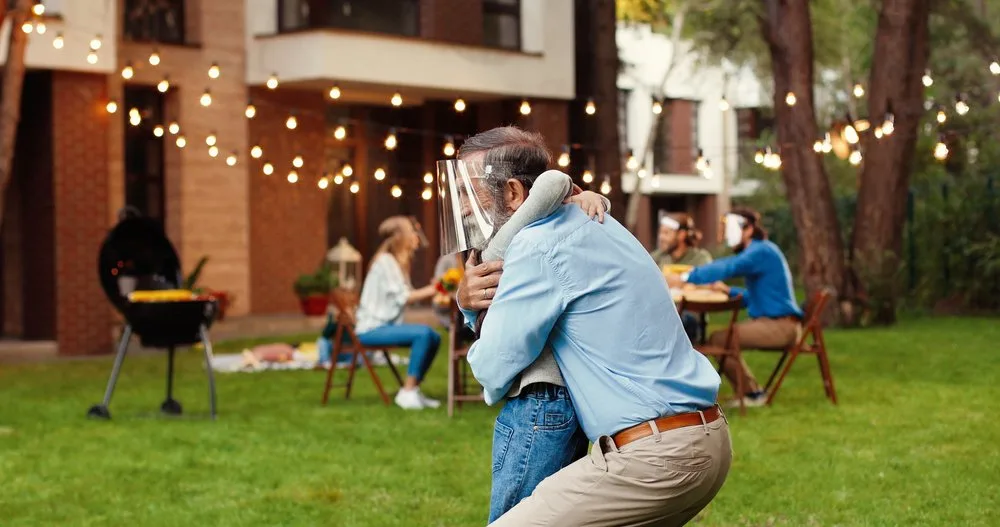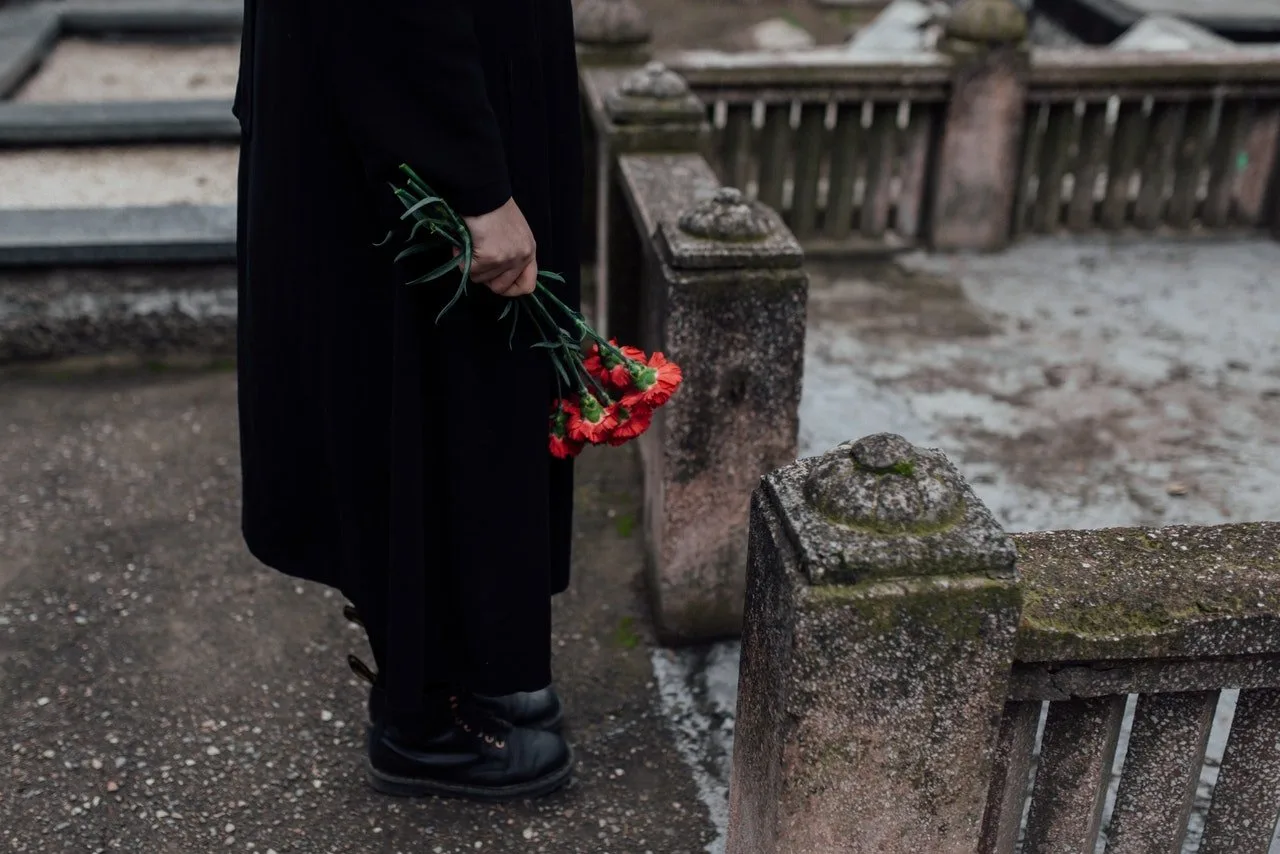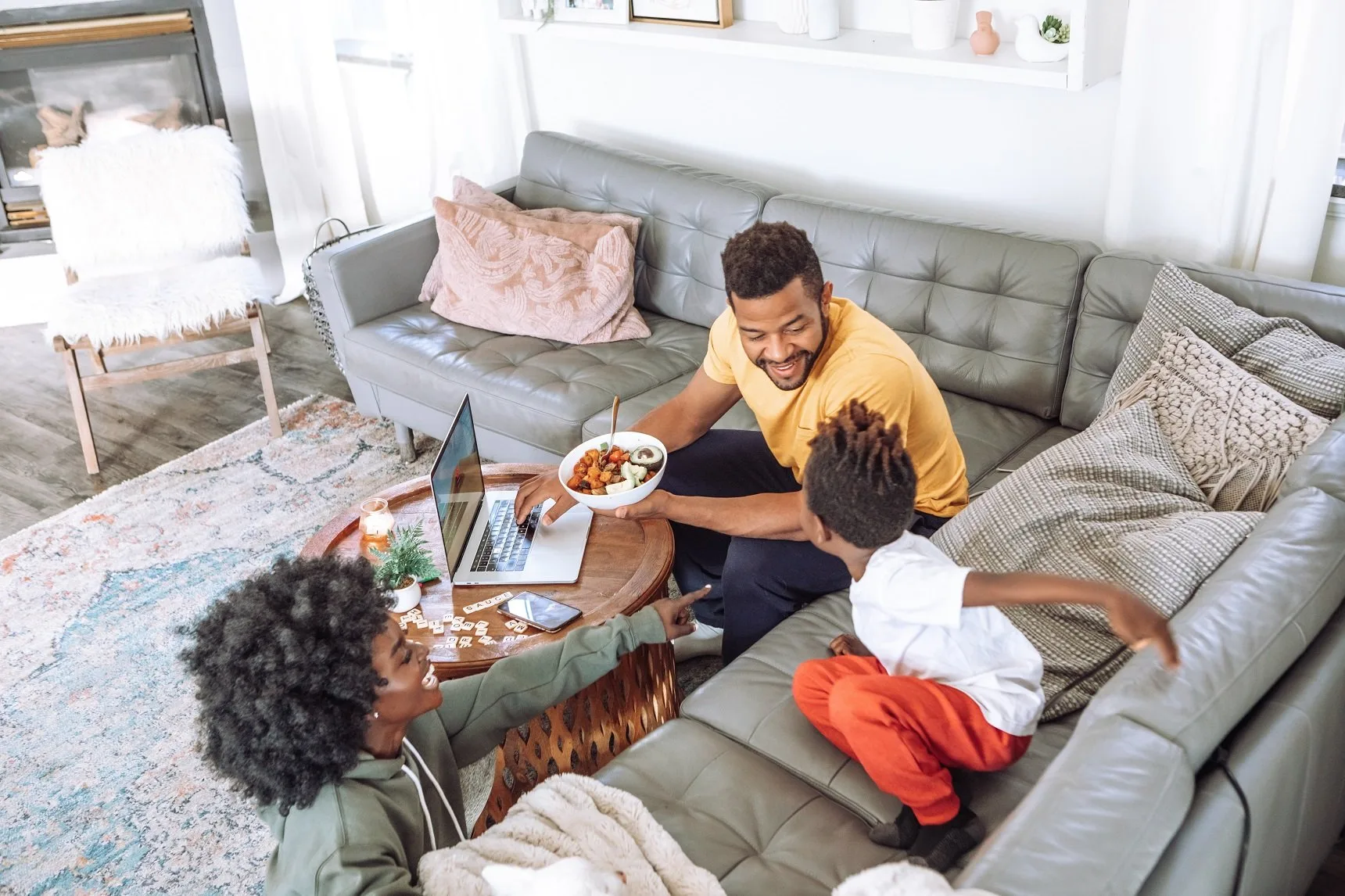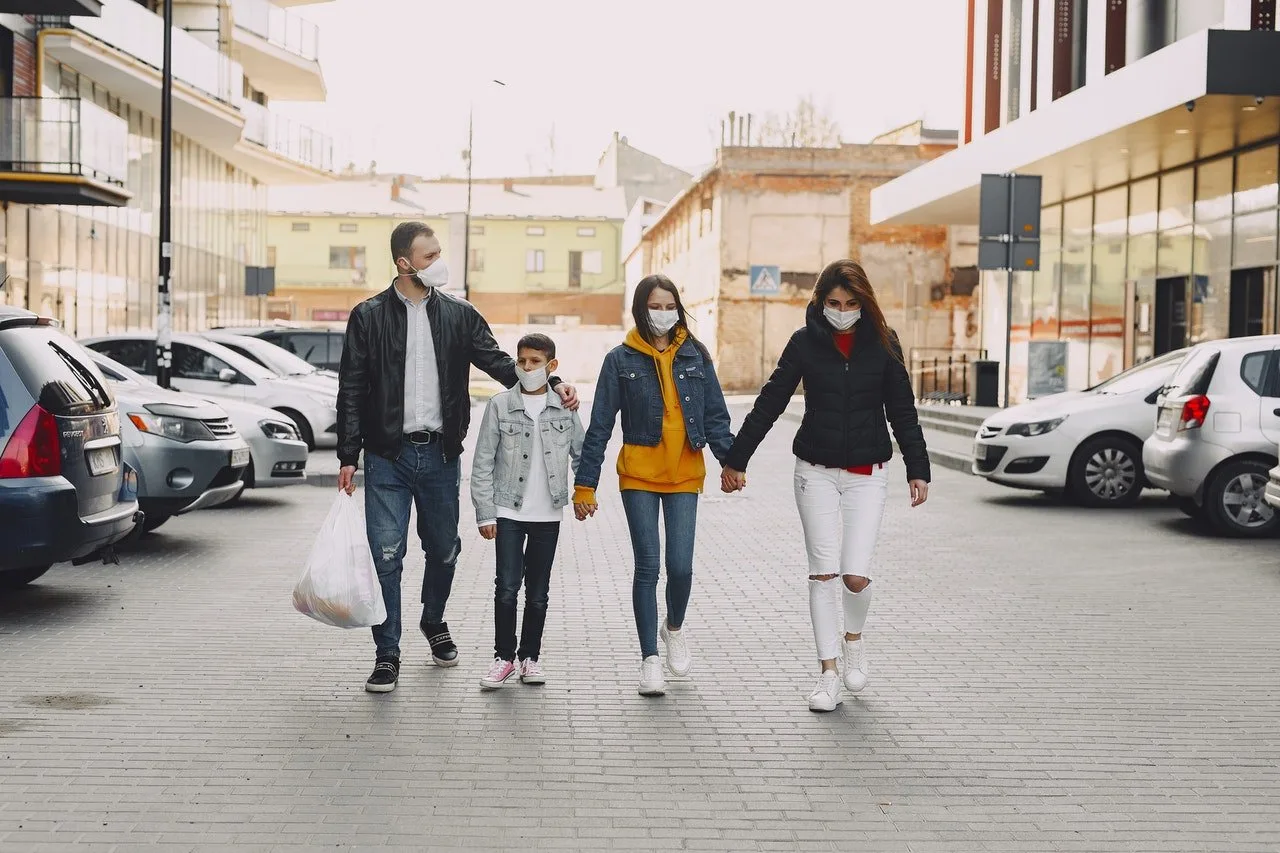On the 15th of May, International Family Day is celebrated. The impact of this lockdown over the last 14 months, across many areas, is well known and documented, yet perhaps one of the leaser documented or discussed consequences of the last year has been its impact on the family unit.
“Family are not just blood-tied. It’s those that you rely on and love the most. People feel stronger within these bonds and feel that they do not face the challenges alone.” says Paula Hildebrand, Chairperson of the South African Association for Social Workers in Private Practice (SAASWIPP).
Family matters and COVID-19
“Our views on family have been significantly transformed over the past few months. People are valuing and longing for connection with others more than ever before,” says Hildebrand. “The positive benefit is the rediscovery of each other as people, as a result of intentionally spending time talking and sharing life and fears. Many have found their relationships deepened and more valued as a result of this unusual season.”
Multi-generational bonds

M_Agency/Shutterstock
It’s important not to underestimate the bonds that we have with our relatives, especially our grandparents. For instance, a study from the University of Oxford found that kids who get to spend a lot of time with grandma and grandpa tend to have fewer emotional and behavioral problems.
“The separation of Covid-19 has hurt the older population severely. Their lack of mobility and high risk, has meant that their forced isolation has had to be even more adhered to,” explains Hildebrand, who also adds that the lack of touch between old and young is a harmful factor that we will see the consequences of for many years as it affects formative development in the young and emotional well-being and longevity of the older generation.
“In my opinion, the older generation has experienced isolation worse than any other sector of our population. Their friendship circles are compromised in the shadow of Covid-19 infections and the loss of death is more prevalent.”
A rise in domestic violence
Frankly, it would be naive to assume that it’s been a positive experience for everyone, with the Guardian revealing that lockdowns around the world have led to a sharp rise in domestic violence. According to a study published in the Frontiers in Global Woman’s Health, China experienced a three-fold increase in the cases of domestic violence after imposing quarantine and various states in the United States also reported an increase of about 21–35% in domestic violence.
“Gender-based violence is very prevalent in South Africa. Abuse of this nature happens regardless of wealth, race, or culture” explains Hildebrand, “Unfortunately there is also a lack of resources or access to health or psychological support services in poorer communities, making them even more isolated in their pain.”
It’s hard to say goodbye
Dealing with the many losses during the pandemic was one thing. However, not being able to say a proper goodbye was definitely incredibly traumatizing.

Photo by Arina Krasnikova from Pexels
“Funerals are central to our acknowledgment of loss and community support of the mourners. They are the beginnings of processing the bereavement. Communities are drawn together, families reunite, and bonds deepen at the drawing together of families over a time of loss,” explains Hildebrand. She adds that the limiting of funeral-goers has been exceptionally difficult on families.
“Who is allowed to come? What about those that can’t? How do we process our grief apart? Those that had access to virtual platforms, created opportunities to ‘attend’ the funeral and found it both rewarding and beneficial.”
Hildebrand shares that she, like many of us, experienced her own losses during the pandemic. Fortunately, during the virtual funerals, she felt connected to her loved ones, and she was able to express her love and support in this manner. “Ultimately there is understanding and grace on behalf of families to accept the restrictions and to be careful of infection.”
All that blue light is no good
The zoom revolution is upon us, and as a result, teenagers have been even more drawn to digital entertainment. Says Hildebrand: “It’s not just about the device activity but what it replaces in the children’s lives…Whilst digital communications may be less complex and ‘easier’, we are seeing more and more anxious children with social anxiety as a result of this practice. It is difficult to get them to put family first as they strive to maintain a social link with a peer group and fear the consequences if they do not keep that connection.”
“It is well documented that too much exposure to lighting and limited focal distance of device engagement has a very negative effect on eyesight and on many other psychological, physical and social developmental needs in children,” explains Hildebrand. She adds that sleep patterns are also affected by harmful screen light. As such, she suggests that you adjust the screen’s settings and opt for bigger screens over smaller ones.
Parental guidance is advised
Hildebrand recommends that you let children have access to the digital world. It has relevance to the modern world and the future of communications and business lies in that arena. However, she suggests limiting screen time and encouraging physical exercise. She also insists on face-to-face friendships (with a mask) in order to develop healthy social skills. Device-free family meals will help to maintain connections and relationships that will build a healthier child on all fronts.

The legacy of the pandemic on family dynamics
“I sincerely hope we learn to value and prize the relationships that surround us more. We hopefully learn to speak well of each other and that kindness becomes the norm in our engagements in our homes.”
To strengthen your family bonds, Hildebrand suggests that you go beyond calls and conversations at home. “Take family walks, hike with friends, and have picnics in open spaces.”
She also reminds you to have fun, “Create opportunities to tell funny family stories, play games, watch movies together or have fun meals together. Eating together is a bonding experience. Enjoy nature. Laugh. Tease.”
Who is Paula Hildebrand?

Paula Hildebrand
Paula Hildebrand has been a clinical social worker in private practice since 2006. She is currently the Chairperson of the Social African Association for Social Workers in Private Practice.
Working with all ages, she specializes in assisting with the life challenges that people face. Paula also has additional qualifications in family therapy, couple counseling, and play therapy. With these skills, Paula finds fulfillment in helping people find their own life solutions. With a special interest in grief counseling, Paula also consults business people on stress management and conflict resolution.
Paula’s aim is to assist people in building lives that they are proud of and secure in. She also wants to help them navigate severe trauma and adversity to a place of courage.
Paula has been married for over two decades and has two adult children. She now lives in Johannesburg, having moved to the city from the seashores of the Eastern Cape.
References
Mittal S., Singh T. (2020). Gender-Based Violence During COVID-19 Pandemic: A Mini-Review. Frontiers in Global Women’s Health,1, DOI=10.3389/fgwh.2020.00004





![women [longevity live]](https://longevitylive.com/wp-content/uploads/2020/01/photo-of-women-walking-down-the-street-1116984-100x100.jpg)









